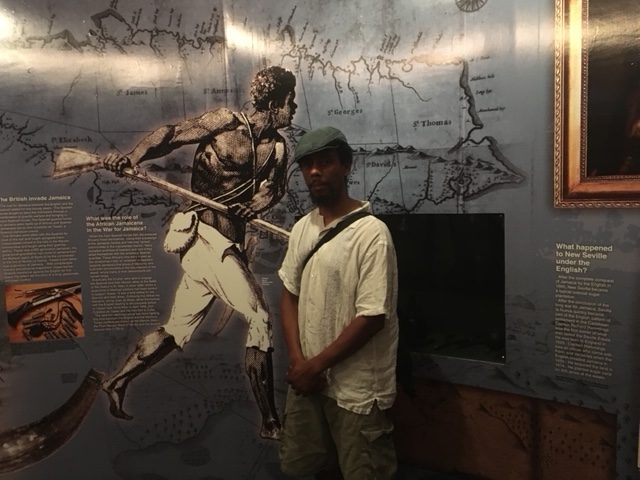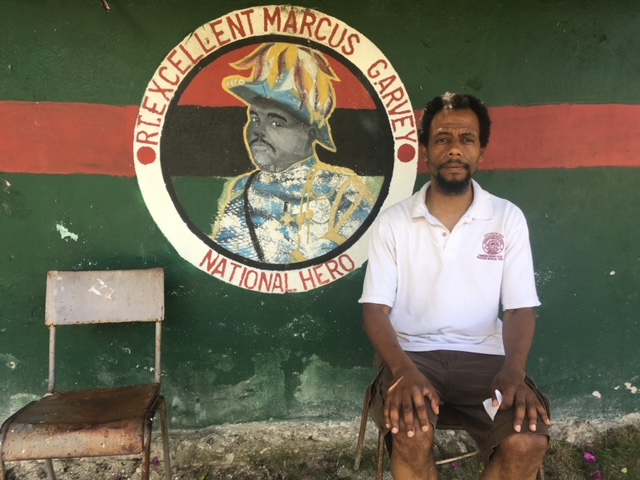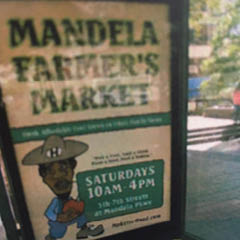

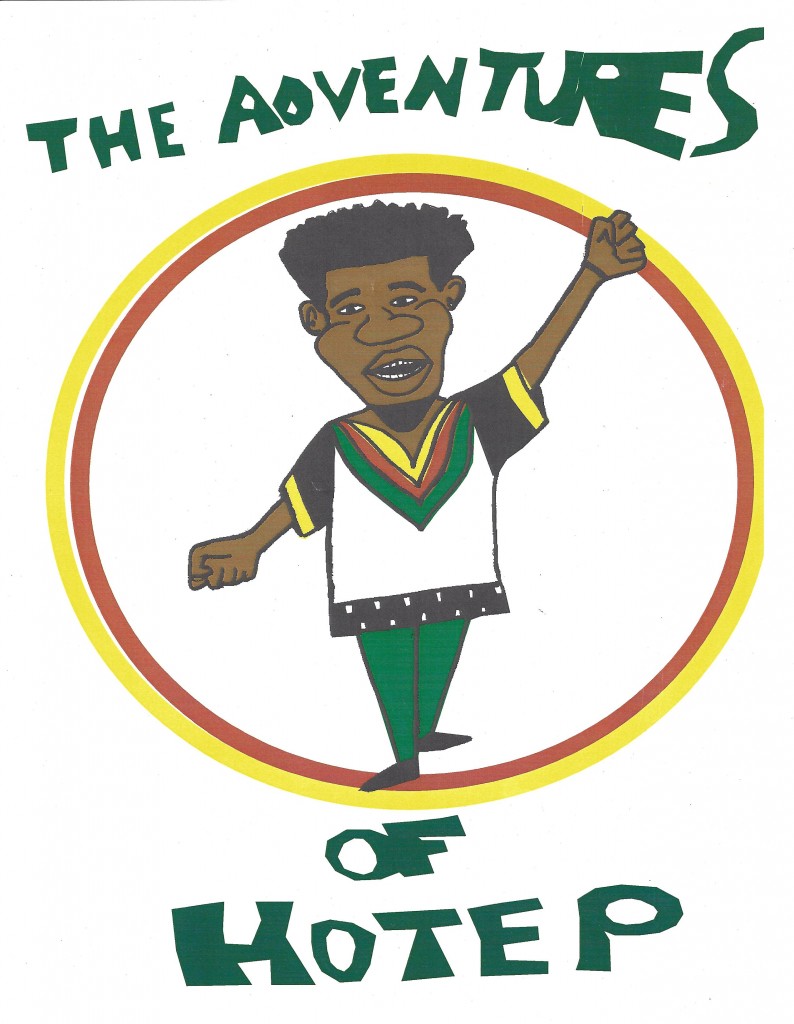
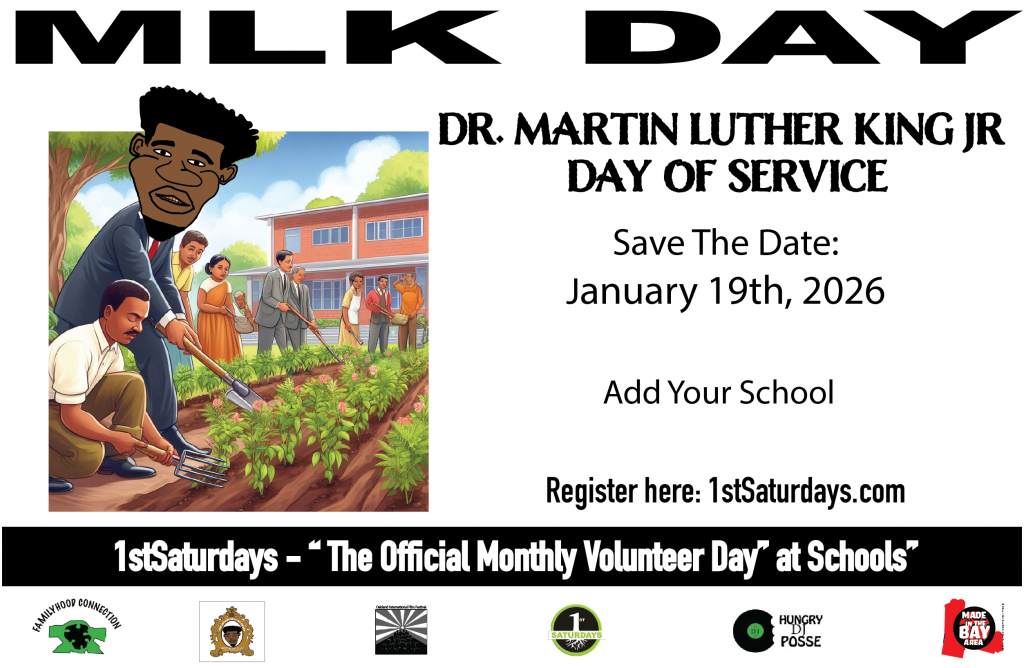
Hotep
Hotep comes from ancient Kemet to this day in search of Maat.
In short, Maat is an ancient Kemetic word that means truth, righteousness and justice .
Like Moses’s 10 commandments in the Bible, in ancient times, the 42 negative – confessions were our guiding principles to keep our soul’s light ” says’ Hotep.
In search of Maat, I discovered.
Familyhood is a community development model that defines schools as the center of the communities.
Familyhood is a systemic approach of community development. Which means “it does not rely on one individual.” It outlives the individual.
Familyhood relies on the school’s governance to protect and promote the community around the school, where its students mainly reside.
Schools realize everyday what happens outside the school is going to affect each students life at school.
Familyhood is driven by two motto’s.
The first motto specifically defines the three- school -based organization that make up the schools Familyhood. Motto 1 states: “every school shall have a functioning Student Government Association, Parent Teacher Association and Alumni Association.”
The 2nd Motto is to utilize the Familyhood to improve the food system of the school and its surrounding community, while increasing students ability to grow and sell fruits and vegetables, trees, plants, etc, as work experience.
The 2nd Motto states: “every school shall have a garden,. a farmers market and a grocery store.”
Therefore, every student shall learn how to grow and sell food, while gaining work experience , working with others to improve your school and its community.
Learn more: Read the E-Book- The Familyhood Handbook
May peace be with you!
Hotep
Created by David N. Roach

